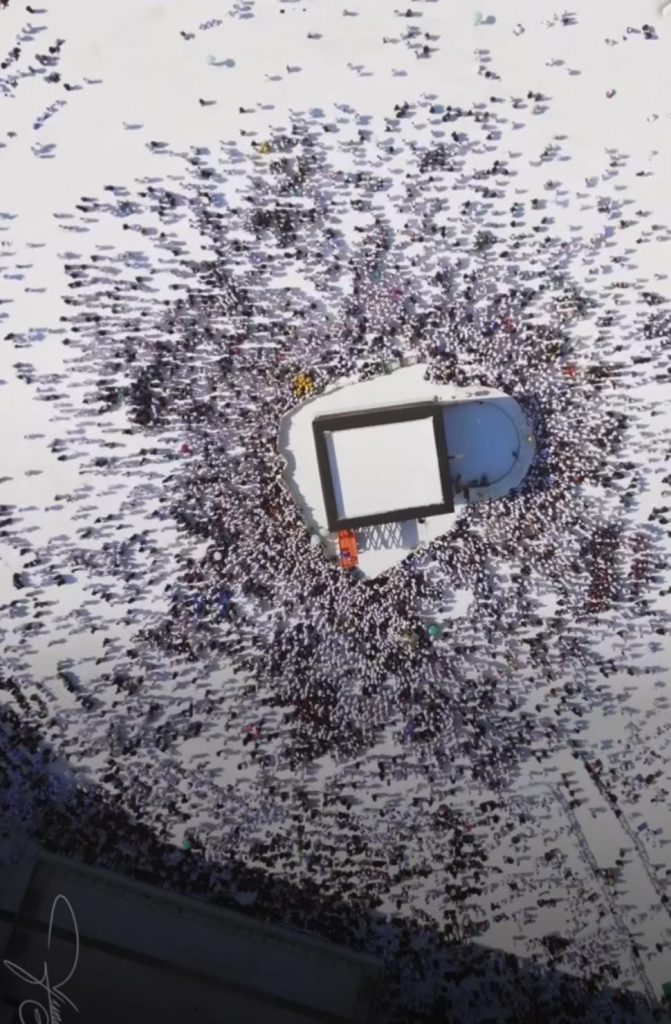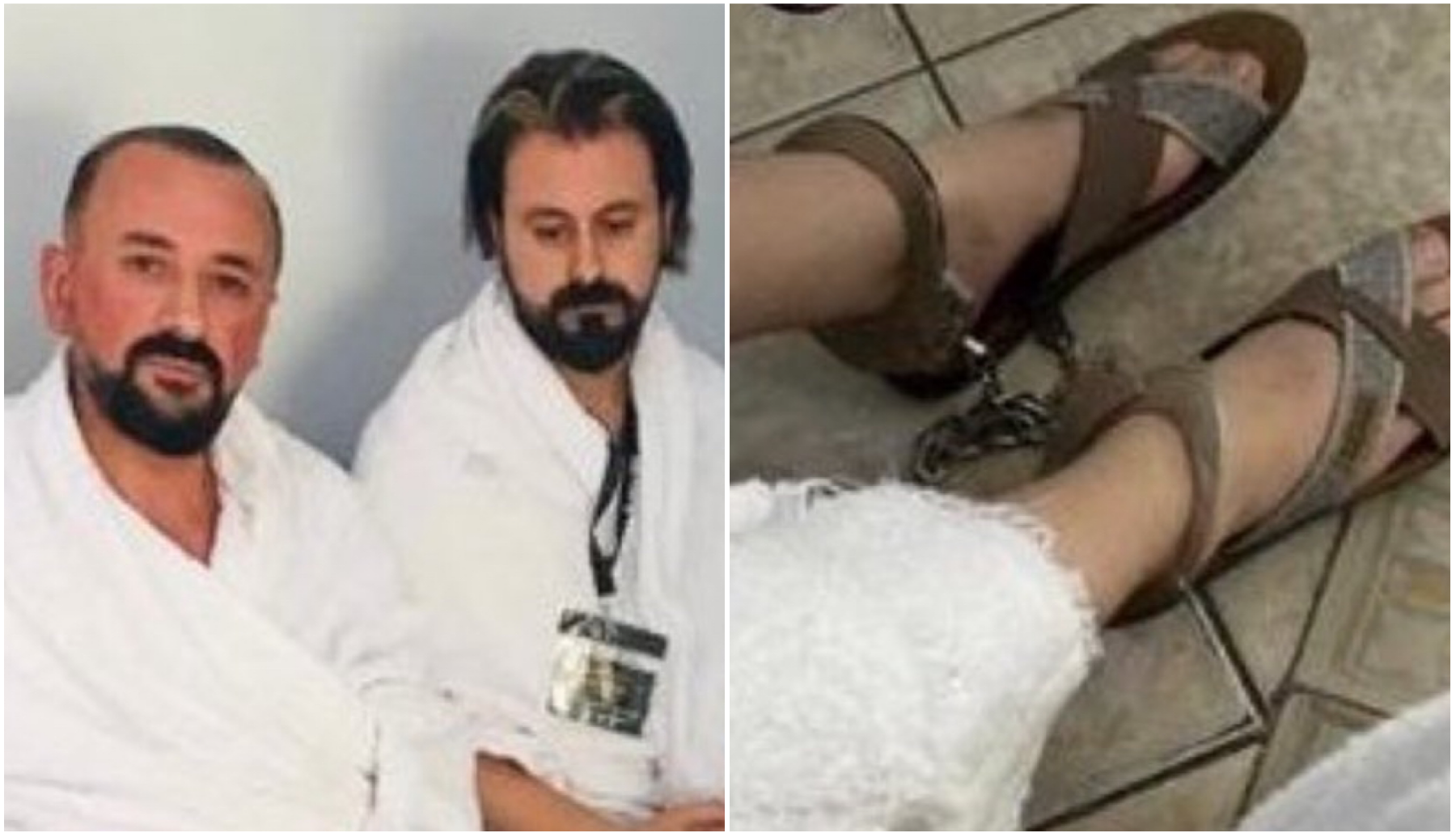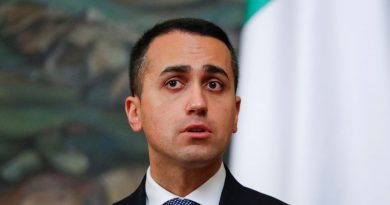FACT-CHECK: Turkish Man Arrested in Saudi Arabia for Unauthorized Drone Use, Not Gaza Prayers
Makkah – Recent claims regarding the arrest of a Turkish individual, Hafez Mustafa, in Saudi Arabia have sparked controversy and misinformation. Prominent Saudi analyst Hussain Al-Ghawi took to X platform to shed light on the real circumstances surrounding the arrest.
Contrary to initial reports, Mustafa and his friend were not detained for praying for Gaza and Palestine in Mecca. Instead, they were held for four hours due to their unauthorized use of a drone in the Grand Mosque, which they subsequently shared on Mustafa’s YouTube channel.
The arrest garnered attention and sparked a heated response, with some accusing Saudi Arabia of suppressing prayer for Gaza and Palestine. However, Saudi-based Indian columnist Zahack Tanvir refuted these claims, asserting that the Grand Mosque’s imams regularly offer public prayers for the well-being of Gaza civilians.
Al-Ghawi wrote, “It is not true that Saudi Arabia arrested the Turkish Hafez Mustafa for praying for Gaza and Palestine in Mecca. The truth is that it arrested him and his friend for 4 hours because of his use of a drone in the Grand Mosque in Mecca without obtaining a permit and publishing it on his YouTube channel. His friend exposed him a while ago via Snapchat”.
Later Mustafa deleted it, however, Pakistan-based analyst Adil Tanvir secured it as an evidence.

Zahack further criticized Mustafa and his accomplice, alleging that they were engaging in a smear campaign against the Kingdom and its leaders. He suggested that their actions aimed to amplify the conflict and destabilize the region.
Zahack wrote, “These two liars from Turkey and Algeria claimed that authorities of Saudi Arabia arrested them for praying in favor of Palestine in the grand mosque of Makkah. Whereas, Imams in these Grand-Mosques are publicly praying for Gaza civilians. These criminals have started smearing campaigns against the Kingdom and its leaders, in order to amplify the conflict and destabilize the region”.
The clarification provided by analysts highlights the importance of verifying information and refraining from promoting false narratives that can perpetuate misunderstandings and tensions in the region.



